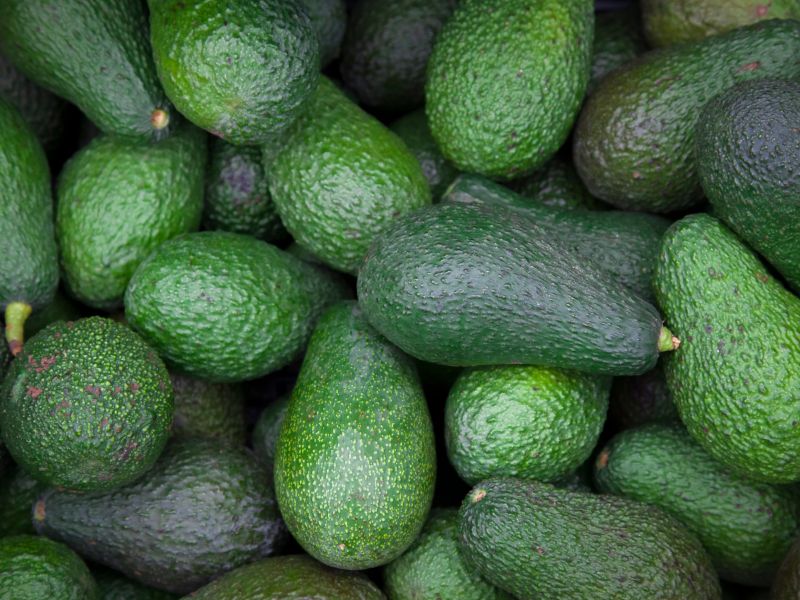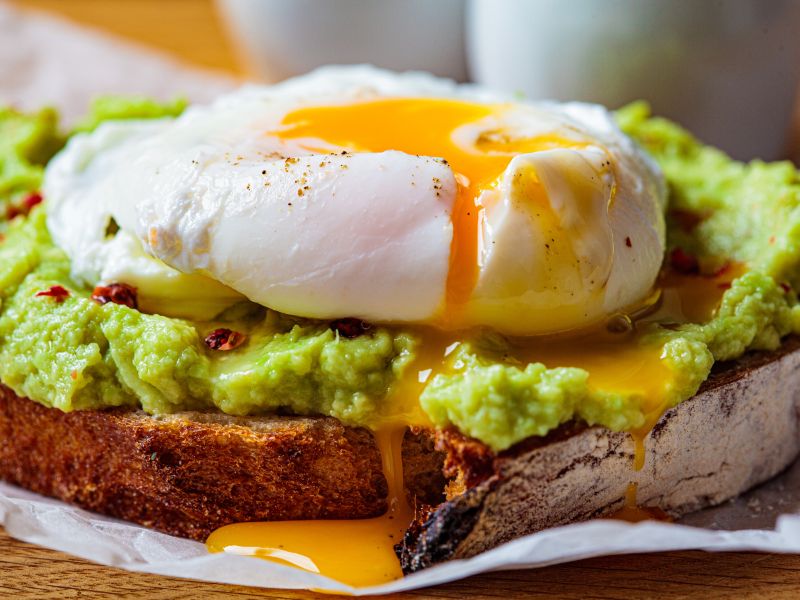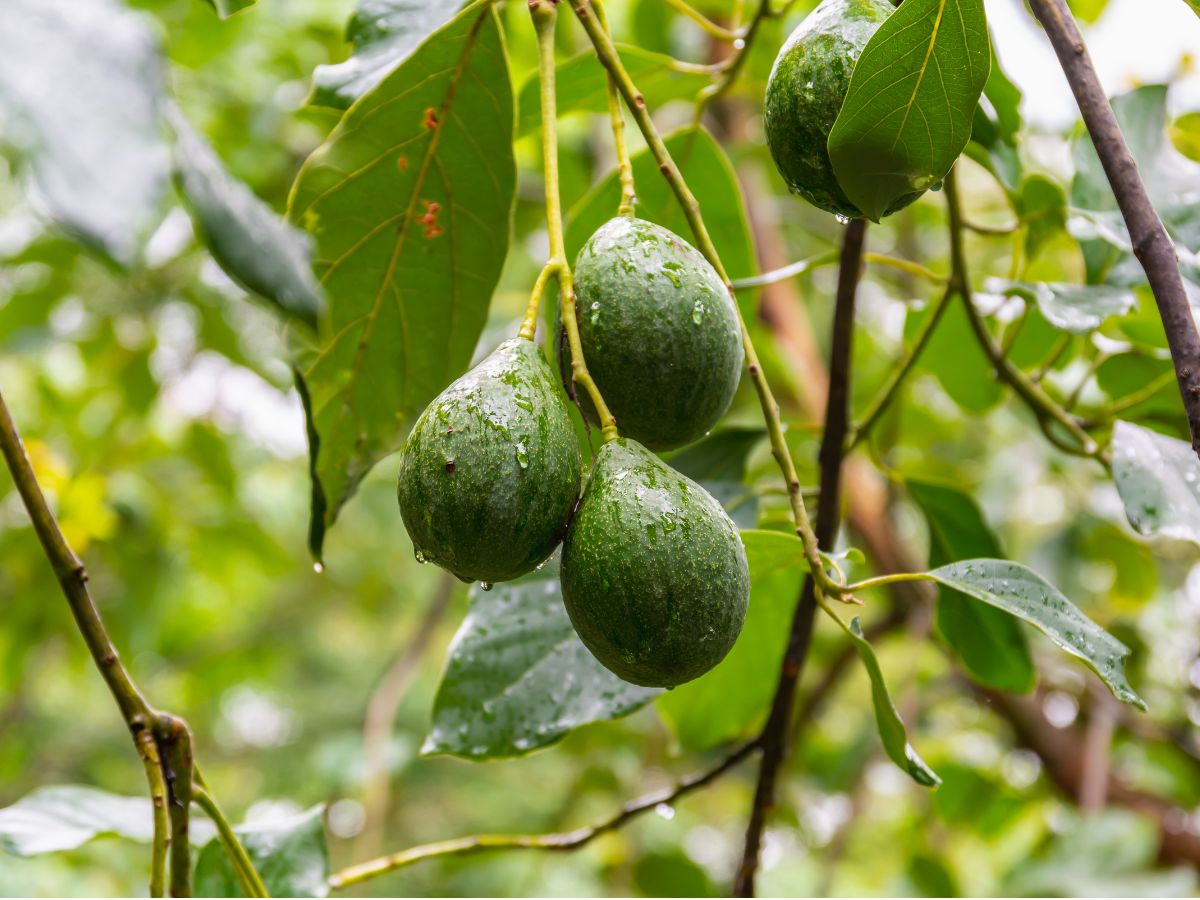Avocados From Mexico: Import Limits Could Reshape NYC’s Wholesale Market
Table of Contents
Avocados aren’t just another fruit, they’re part of the heartbeat of New York’s dining culture. From brunch staples like avocado toast to guacamole at taco spots, this green staple shows up on menus across the city. For chefs, wholesalers, and food distributors, steady access to avocados from Mexico is non-negotiable.
But starting in January 2026, that supply chain is set for a shake-up. Mexico’s avocado industry has committed to a deforestation-free certification, meaning only orchards meeting strict environmental standards will qualify for export (The Packer, Sept. 2025). While this is good for the world and long-term sustainability, the shift may bring short-term challenges, price increases, delivery delays, and tighter availability for New York restaurants.
In this article, you’ll learn why Mexico’s avocado supply matters so much to NYC, how new restrictions could affect your business, and what steps you can take today to prepare.
Why Avocados From Mexico Matter to NYC Kitchens
Each year, the U.S. consumes more than a million tonnes of avocados (Louise Collins, Sustainable Avocado Supply Chains). Demand has more than tripled since 2001 (CNBC/Natalie Rice). Today, nearly 90% of avocados eaten in the U.S. come from Mexico, valued at more than $2.7 billion in imports for 2024.
A Global Supply Chain With Local Impact
California still produces about 90% of U.S. domestic avocados, but shrinking farmland, high water costs, and labor shortages keep volumes low (CNBC). Mexico, on the other hand, produces year-round thanks to volcanic soil and ideal climate. That makes it the most reliable and cost-effective supplier for NYC distributors.
When Jalisco joined Michoacán in 2022 as an approved export state, it opened the door to even more fruit flowing north, further cementing Mexico’s role in the U.S. supply chain (CNBC).
For New York restaurants, from Michelin-star dining rooms to Brooklyn cafés, avocados from Mexico are the only reliable way to keep menus steady all 52 weeks of the year.
NYC Menu Trends Keep Avocados in the Spotlight
Fall menus may highlight comfort food like mac and cheese or turkey subs, but avocados stay in demand year-round. In fact, NYC menus, from Shake Shack’s French Onion Burger (Restaurant Business, Sept. 2025) to Mendocino Farms’ Golden State Cobb Salad, often feature avocado as a premium topping. Losing access would mean pulling customer favorites and disappointing diners who expect fresh produce on every plate.
What Import Restrictions Mean for the Wholesale Market

The Mexican government will finalize rules in December 2025 requiring avocados exported to the U.S. to be deforestation-free by January 2026 (The Packer; Collins). Orchards planted on newly deforested land won’t qualify.
According to the Avocado Institute of Mexico, 85–90% of orchards already qualify, since most were planted decades ago. Still, orchards that expanded between 2018 and 2024 will need to compensate before qualifying (The Packer).
Possible Ripple Effects for NYC
- Price Increases: Certification brings new compliance costs. Enrique Audifred, VP of Sustainability at APEAM, noted that while collaboration is positive, the industry is investing heavily in monitoring and reporting systems (Collins).
- Supply Delays: More inspections could create bottlenecks at ports. A shipment that normally takes days could stretch into weeks.
- Restaurant Pressure: If avocados become scarce, chefs in Brooklyn’s restaurants, for example, or those working with food distributors in Long Island may need to improvise quickly.
NYC-Specific Impact & Menu Trends

Fast Menus, High Stakes
In New York, menus change daily, and missing one ingredient can throw off service. Chefs who rely on farm fresh produce or seasonal produce often have backup options, but avocados are different. They’re year-round staples in guacamole, Cobb salads, sandwiches, and sushi rolls.
If supply slows, the ripple is immediate. A food distributor serving Queens may have to ration supply; a restaurant in Brooklyn could be forced to pull a popular dish; a Long Island café might raise prices to cover higher costs. In a city where diners post their views online instantly, reputation can take a hit in just a few days.
Sustainability as a Selling Point
There’s an upside: NYC diners value transparency. “Sustainability is not a nice-to-have anymore. It’s a must,” said Ana Ambrosi, Director of the Avocado Institute of Mexico (Collins). For restaurants, highlighting certified avocados on menus can turn a supply-chain challenge into a competitive advantage.
Imagine being able to market your guacamole as not only fresh but also responsibly sourced. In a city obsessed with food culture, that story has power.
How NYC Businesses Can Prepare
This transition doesn’t have to catch you off guard. There are proactive ways to get ready:
- Talk to Your Distributor: Ask how your supplier is preparing for the 2026 rules. A good food distributor should already have contingency plans.
- Diversify Supply Chains: Explore imports from Peru or Colombia. While they can’t replace Mexico’s volume, they can cover gaps.
- Promote Seasonal Produce: Balance menus by showcasing more seasonal produce and local produce. This reduces pressure on imports and appeals to diners.
- Menu Flexibility: Test substitutions, roasted squash, hummus, or other creamy alternatives, so dishes stay consistent even if avocados are limited.
- Leverage the Story: Highlight that your avocados come from certified orchards in Mexico. As Ramon Paz-Vega of the Mexican Hass Avocado Importers Association said, the industry is expanding its “Path to Sustainability” to protect forests, water, and biodiversity (The Packer).
“Talk with your distributor today to learn what steps they’re taking so you don’t lose menu favorites when supply tightens.”
The road ahead for avocados from Mexico is changing, but not disappearing. By 2026, only certified sustainable fruit will make it to U.S. shores. For NYC restaurants and distributors, that means short-term challenges but long-term gains: a stronger, greener supply chain.
In a city where time is money and menus move fast, staying ahead is everything. The food industry news is clear: whether you’re serving guacamole in Brooklyn or managing food distributors Long Island, preparation is your best defense.
📩 Don’t wait for supply shocks to hit. Subscribe now to Riviera’s updates for insider views on avocados, seasonal produce, and the fresh produce trends shaping NYC’s food scene.
